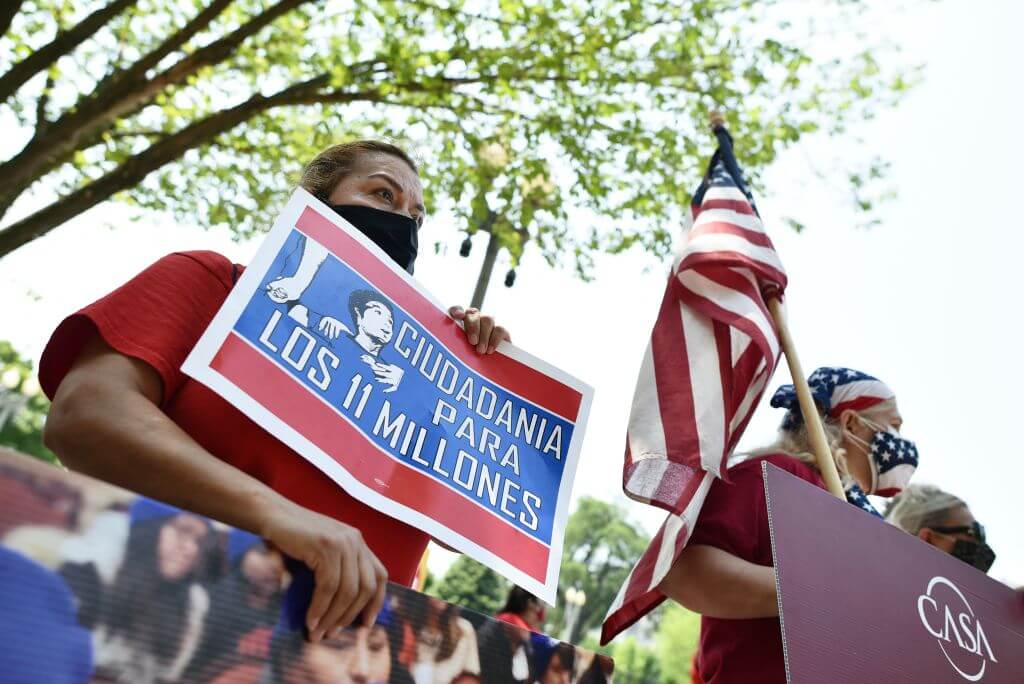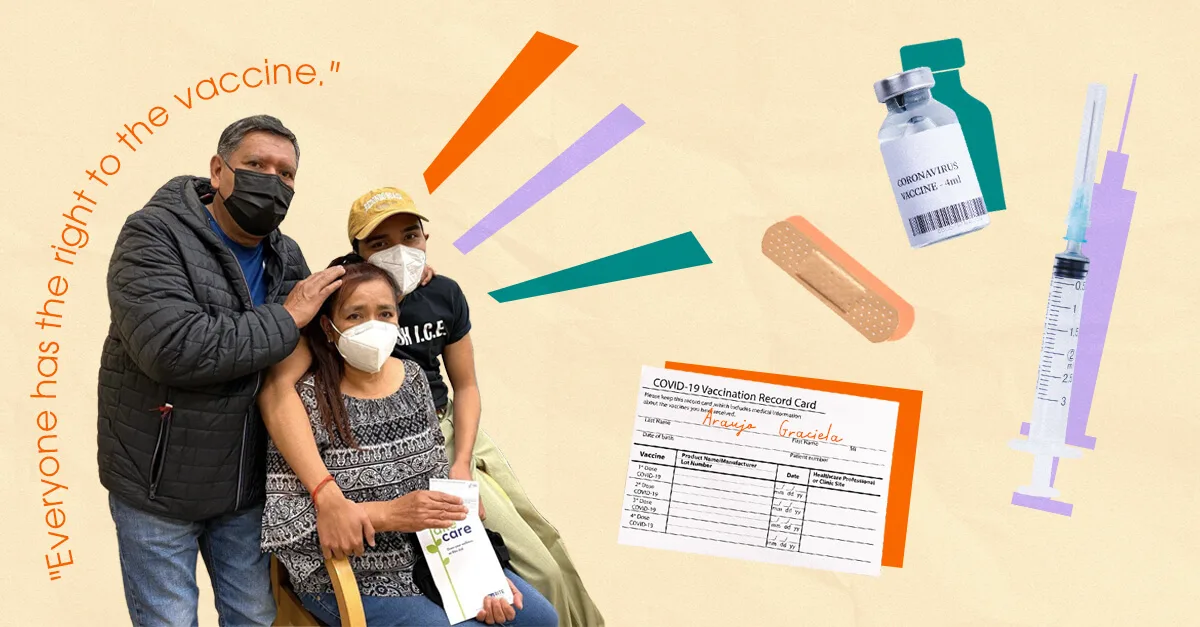
Image via AP Photo/Ross D. Franklin
Undocumented immigrants that qualify for the DACA program may continue to apply once again for protection against deportation.
It’s been almost a month since the Supreme Court ruled that the Trump administration did not have the legal authority to rescind the Deferred Action for Childhood Arrivals (DACA) program. Since then, President Donald Trump has not made another move to provide a path to citizenship for the more than 700,000 DREAMers living in the U.S. He has hinted about a new change regarding DACA, yet his administration has done nothing. The government, however, has rejected some first-time DACA applications, the Los Angeles Times reports. Now a federal court has ruled that the government must proceed with accepting DACA applications and approving them.
Related: Supreme Court Kills Trump’s Bid To End DACA
On Friday, Judge Paul Grimm of the U.S. District Court for the District of Maryland ruled that the DACA program must be restored to its “pre-September 5, 2017 status.” That ruling means that the government must adhere to the DACA program as it was before Trump tried to rescind the program. State officials, immigration, and legal advocates praised the decision by the federal court.
“To any new potential DACA applicants, we strongly urge you to contact an attorney or legal services provider before submitting your application; it is, tragically, possible the Trump administration may try to rescind this program again.” Todd Schulte, president of FWD.us, a bipartisan political organization. He added, “That said the correct moral, economic and political choice is clear: the President must follow the orders of the Supreme Court and ensure fast and orderly processing for new DACA applicants, or he will continue a lawless path to defy federal court orders and stand with the 12% of the public who wants Dreamers deported.”
Related: How Trump Could Turn This Film Director and DACA Recipient’s Dreams Into a Nightmare
The American Civil Liberties Union said on social media, “For nearly three years, Trump has put DACA recipients, and future DACA recipients, in a chaotic legal limbo. Now that Supreme Court has ruled against the Trump administration, it’s time to finally give up the crusade and let Dreamers stay where they belong, at home in America.”
Applying for DACA for the First Time?
According to the National Immigration Law Center, these are the requirements for first-time applicants:
- Have come to the United States before your sixteenth birthday.
- Have lived continuously in the U.S. since June 15, 2007.
- Have been present in the U.S. on June 15, 2012, and on every day since August 15, 2012.
- Not have a lawful immigration status on June 15, 2012. To meet this requirement, (1) you must have entered the U.S. without papers before June 15, 2012, or, if you entered lawfully, your lawful immigration status must have expired before June 15, 2012; and (2) you must not have a lawful immigration status at the time you apply for DACA.
- Be at least 15 years old at the time you apply for DACA. If you are currently in deportation proceedings, have a voluntary departure order, or have a deportation order, and are not in immigration detention, you may apply for DACA even if you are not yet 15 years old.
- Have graduated or obtained a certificate of completion from high school, have obtained a general education development (GED) certificate, be an honorably discharged veteran of the Coast Guard or U.S. armed forces, or “be in school” on the date you submit your DACA application. See below for more information about meeting the “be in school” requirement.
- Have not been convicted of a felony offense. A felony is a federal, state, or a local criminal offense punishable by imprisonment for a term exceeding one year.
- Have not been convicted of a significant misdemeanor offense or three or more misdemeanor offenses. See below for more information about offenses that may disqualify you.
- Not pose a threat to national security or public safety. DHS has not defined precisely what these terms mean but has indicated that they include gang membership, participation in criminal activities, or participation in activities that threaten the U.S.
For more information about the DACA program, click here. For the DACA application, click here.
Politics

Teamsters and UPS Reach Tentative Deal to Avoid Strike, 340,000 Workers to Get Raises
The tentative deal represents a huge win for full- and part-time UPS Teamster workers, who would get significant pay raises and better working...



One Republican Senator Is Blocking 265 Military Promotions, Leaving the Marines Without a Confirmed Leader
Sen. Tommy Tuberville's decision means these military officers are not getting the pay raises they’re owed, cannot move their families to wherever...
Local News



Teamsters and UPS Reach Tentative Deal to Avoid Strike, 340,000 Workers to Get Raises
The tentative deal represents a huge win for full- and part-time UPS Teamster workers, who would get significant pay raises and better working...



One Republican Senator Is Blocking 265 Military Promotions, Leaving the Marines Without a Confirmed Leader
Sen. Tommy Tuberville's decision means these military officers are not getting the pay raises they’re owed, cannot move their families to wherever...




